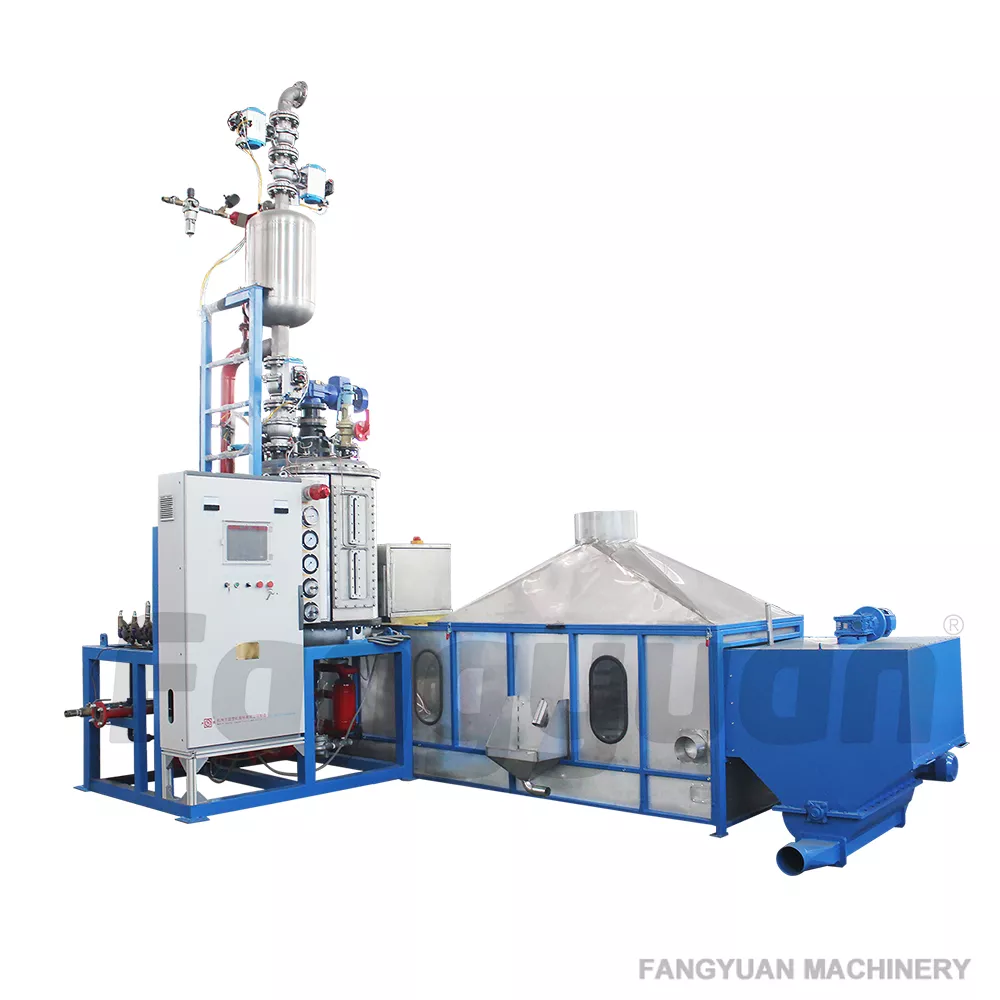In today's ecoconscious world, sustainable materials and manufacturing processes have become increasingly important to address environmental concerns. One of the most promising areas of development is the use of biodegradable alternatives in the production of everyday items. ETPU (Ethylene Terephthalate) plastic has been a popular material for many years due to its lightweight, durable, and lowcost properties. However, there is a growing concern about the environmental impact of this material as it does not break down naturally.
To address these issues, companies are looking into alternative biodegradable materials that can replace ETPU. One such option is PLA (Polylactic Acid), a biodegradable polymer made from cornstarch or other plantbased sources. PLA has a similar molecular structure to ETPU but breaks down into carbon dioxide and water within a few months when exposed to sunlight, air, and moisture.
Another biodegradable alternative for ETPU machines is PEPP (Polyethylene Peptide), which is made from proteins derived from animal sources like fish or insects. This material has a longer degradation period than PLA and is compostable at a lower temperature. However, it is currently less costeffective than PLA and may require further research to make it suitable for industrial applications.
In conclusion, while ETPU remains a viable material for certain applications, the search for more sustainable alternatives is ongoing. Companies and researchers are exploring new biodegradable materials and technologies to reduce the environmental footprint of plastic production and usage. The future looks bright for sustainable plastics, and we're excited to see what innovations will emerge in the coming years.

























 QQ
QQ